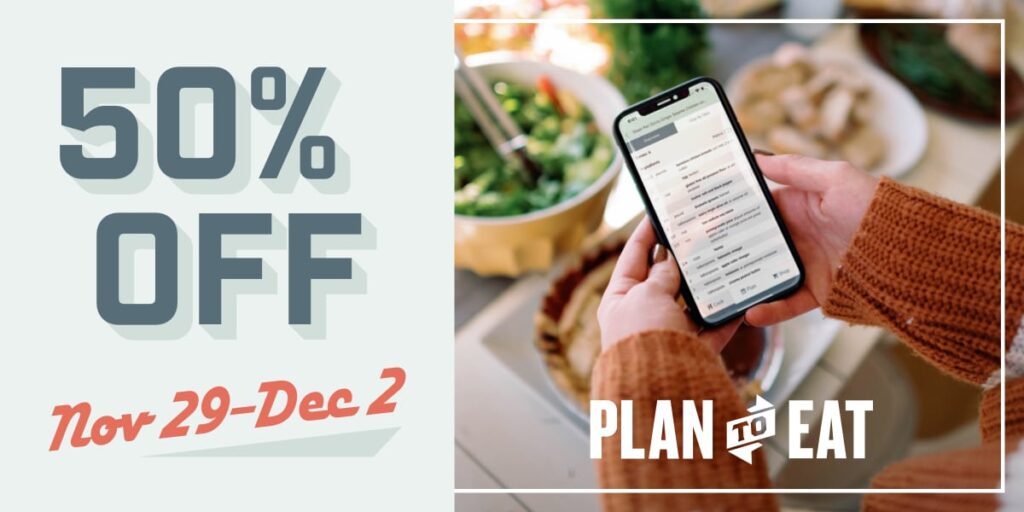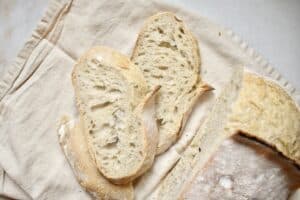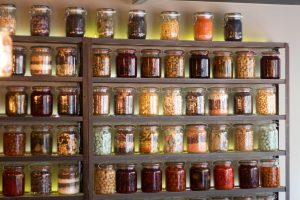About eight years ago we began to look into eating organic foods. I was, up until that point, a bargain shopper, stocking our freezer with $.69/lb chicken and filling our fruit bowl with whatever was cheapest.
Once we began to learn more about our industrialized food system, we started taking a look at what we ate and what was most important to invest in. Animal products became the priority for us so we started sourcing organic then pastured then local meats and dairy products. The sticker shock took my breath away.
I began to wonder why grocery store food was so cheap, if this other stuff was so expensive. How were they farming? What were the farmers making? How hard is it really to raise healthy animals and grow good vegetables.
Harder than I thought, it turns out.
We’ve been trying to grow our own food for six years now; these past three years spent on this little self-sufficient, sustainable homestead we’re trying to build. One thing that became crystal clear to me when we first got started was that whoever was growing food should probably be getting paid more than most of us realize.
But it’s hard to convey that to a culture where only 2-3% of the population are actually attempting to grow food for the rest of us. We speak a different language than they do, the ones whose entire spring in the field can be wiped out by something as small as an insect. They know a life that others do not, one of early mornings and late nights and dirty hands and the lessons and joys that come with it.
They also know what it takes to put that lettuce on your table. It was more than just planting a seed and adding water. There were, most likely, years of building that soil and years of understanding the natural rhythm of their locale which would allow them to understand exactly when it should be planted, watered, and harvested. And for every crop they brought to the market, there was probably one that failed… and they absorbed that cost without us even knowing about it.
Animal products up the ante even more. Eggs are not just something you collect from a clean red coop every morning. They are greens and grains and mucking out and trying to figure out why in the world those hens lay in 14 different locations when they have six cozy little nests where we could actually find them.
Milk is land and pasture and fence posts and the sweat it took to put them in. It is morning and evening milkings when the rest of us are still in bed and calling it a day. It is time with your animal and the many hours you spend studying, worrying, and caring for these ladies.
Meat is garden vegetables and grass and more land and more fence posts. It is the time and care it took to steward that animal into adulthood and the care it takes to butcher them humanely and cleanly. It is blood and guts, a smell that takes a while to forget, and all of those other things that might completely change our perspective if we’d witnessed them at some point in our lives.
Maybe these past three years have biased me, as I’ve leaned my shovel into clay soil and spent hours trying to amend it. Maybe it’s because we’re trying to do this while building a cabin, holding down a chaotic freelance schedule, and homeschooling our children. Or maybe we’re just not very good at it and need a lot of work.
(I think it could be all of the above.)
All of that, combined with the reality that there are probably folks out there working harder at it than us, makes me stop and think. What is the cost of food to them that grow it? What is the cost of meat to them that kill it? What in the world is involved in the process of raising and growing industrialized food that makes it so disgustingly cheap?
All I know is that maybe we should rethink what we’re willing to pay for real food. It costs more than we might think.








